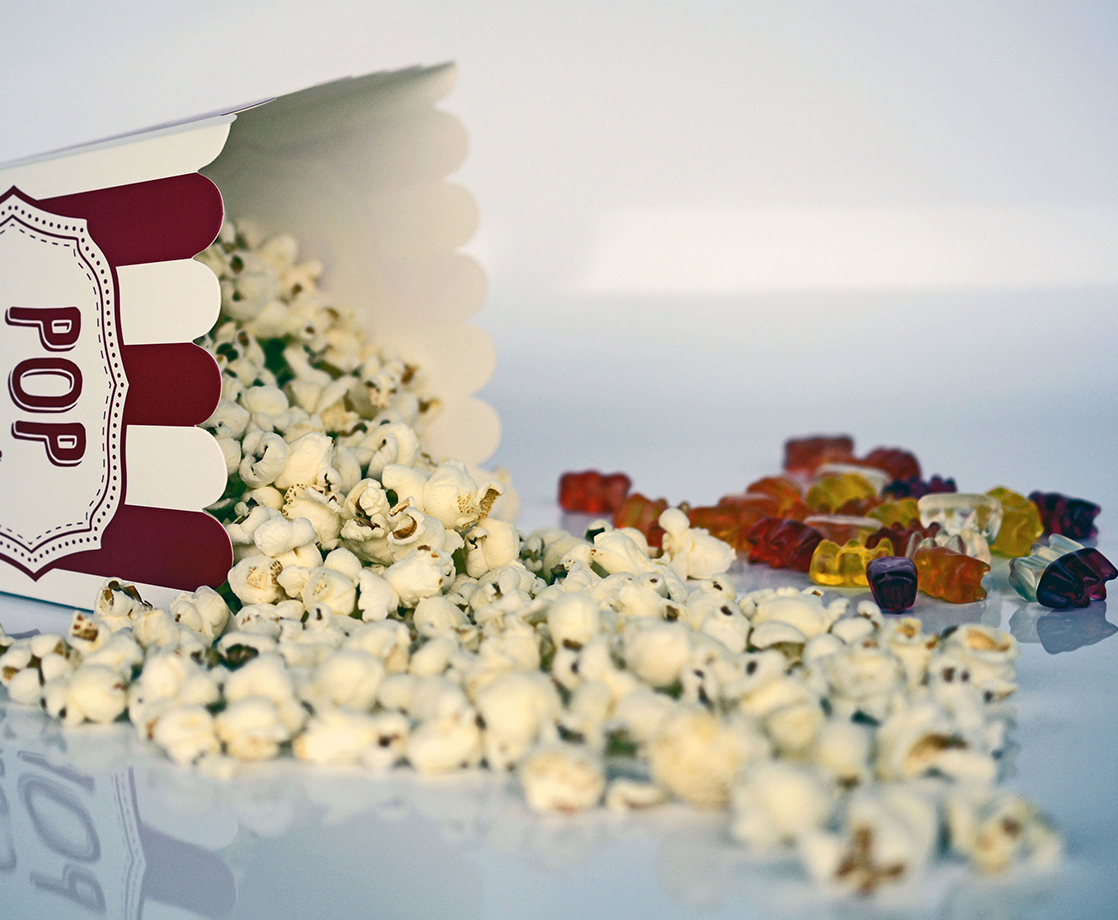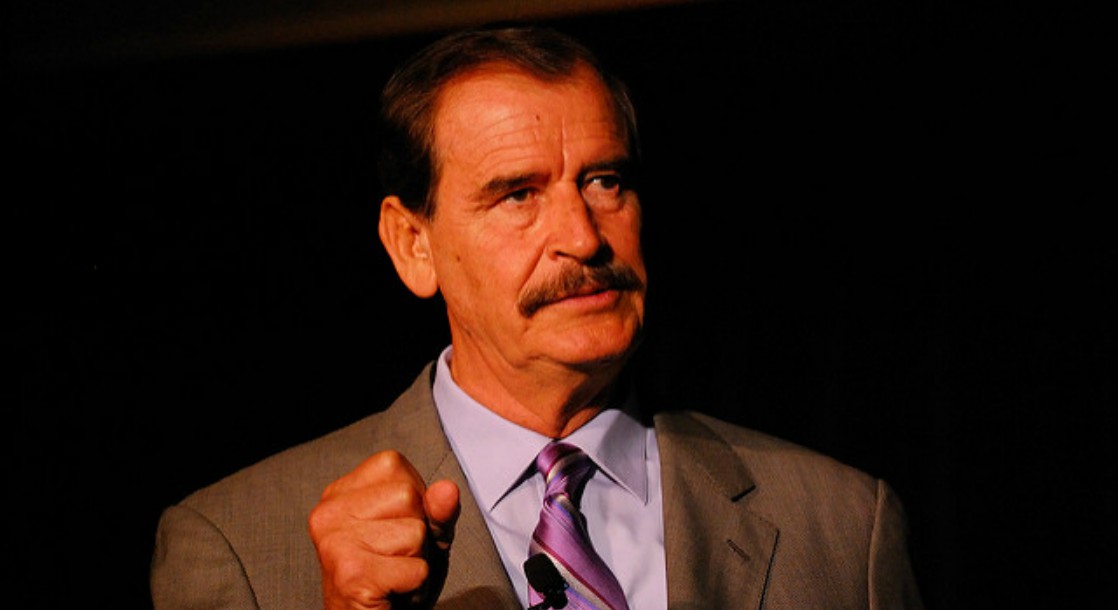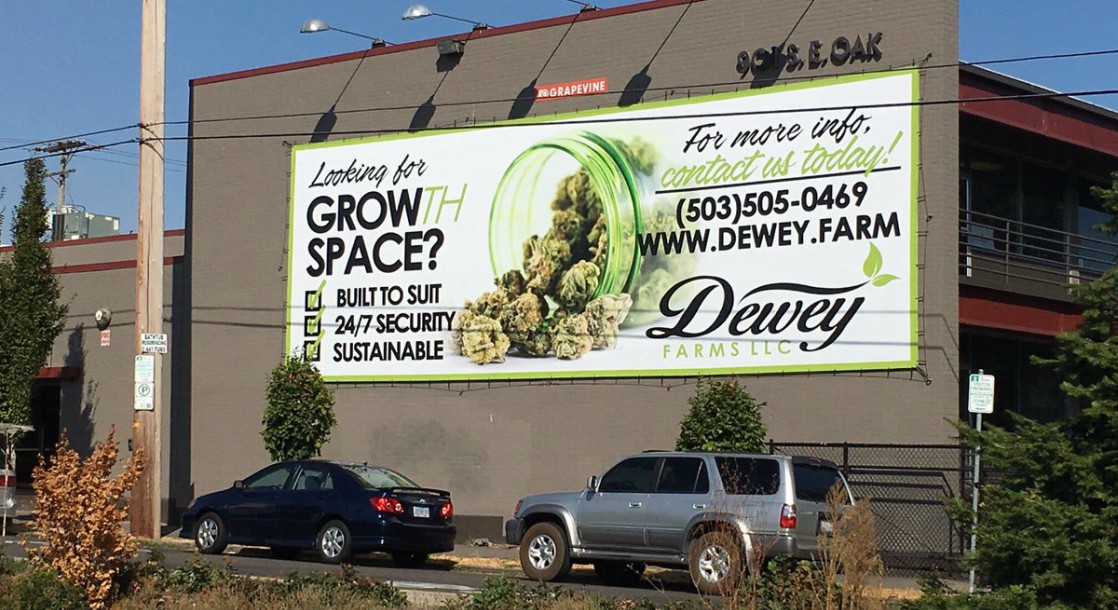Cannabis industry insiders in California are expecting a explosion of new weed-infused food and drink products to hit the market as soon as legal recreational sales begin next year. Industry analysts have predicted that the market for edibles alone will exceed $100 million in sales by the end of 2018.
"This is the dawn of the Amsterdam-style cafe in the U.S.," John Kagia of cannabis market research firm Frontier Data said to the LA Times. "We expect to see spaces that are targeted to cannabis consumers that capitalize on the arts and entertainment offerings of California and really create unique and elevated experiences."
Medical marijuana has been legal in California since 1996, but the state's cannabis industry has been almost completely unregulated until this year. Any business wishing to sell medical or recreational cannabis edibles must now apply for a permit from the Manufactured Cannabis Safety Branch (MCSB), a division of the state's Health Department. The new regulations on edibles were created to address "sanitary conditions, good manufacturing practices, as well as public health and safety of the product," MCSB Assistant Deputy Director Miren Klein explained to ABC 30 News.
In the "wild west" days before regulations were proposed, medical marijuana edibles were available in a wide variety of forms and dosages, but the state has now imposed strict regulations on the packaging and dosage of these products. Edibles are not allowed to be infused with nicotine, alcohol, or additional caffeine, and are now limited to a maximum of 10mg of THC per serving and 100mg of THC per package. Each product must also contain a label including an ingredient list, nutritional facts, and the official state symbol identifying it as a cannabis product.
These regulations also ensure that edibles do not attract the interest of children. All cannabis edibles must now be sold in opaque, tamper-evident, re-sealable, and child-resistant packaging. The labels cannot call the product a candy, and can not advertise the product in a way that appeals to children or minors. The edibles themselves cannot be shaped like humans, animals, insects, or fruits. Even though these regulations place some limits on products that can be created, a wide range of cannabis-infused products ranging from traditional gummies, cookies, and brownies, to oils, trail mixes, and even wines (with alcohol removed, as regulations restrict the mixing of THC and alcohol) are expected to hit the market next year.
Some cannabis entrepreneurs are looking beyond retail sales of edible products and envisioning an elevated foodie movement where adults can enjoy cannabis-infused foods at specialized cafes or restaurants. Others imagine that the state's legal cannabis industry may mirror the wine industry, with marijuana aficionados sniffing out the best food pairings or touring cannabis farms instead of vineyards. "There's going to be infused tacos, infused burritos," Cristina Espiritu of the 420 Foodie Club predicted to the LA Times. "I think because of the diversity and creativity in California, this is going to explode."
While retail edible products will be within the reach of most adults by January 1st, Espiritu noted that the new regulations may raise the price of higher-end cannabis food events to a level that only wealthy Californians can afford. Restaurants wishing to prepare cannabis products must pay for licenses, as well as necessary health and safety upgrades, and organizers must pay $5,000 a year for a license to host cannabis-related events. Individual cities and local governments can also add additional fees and taxes, which will be likely be passed on to the consumer.











